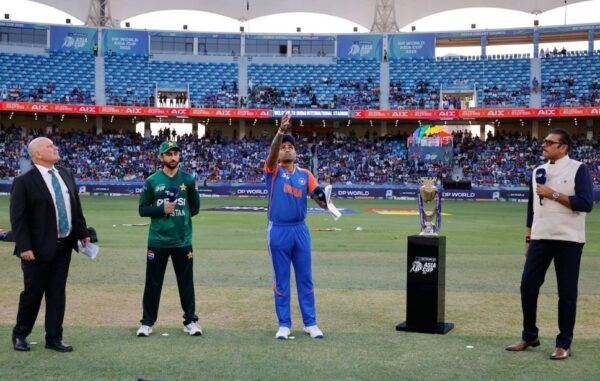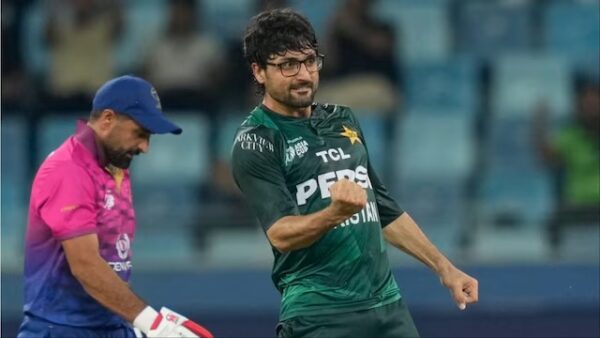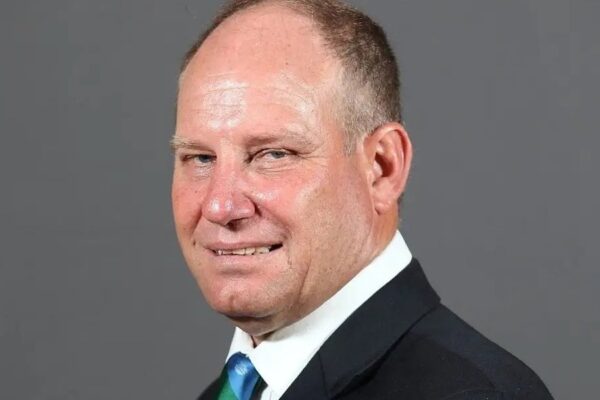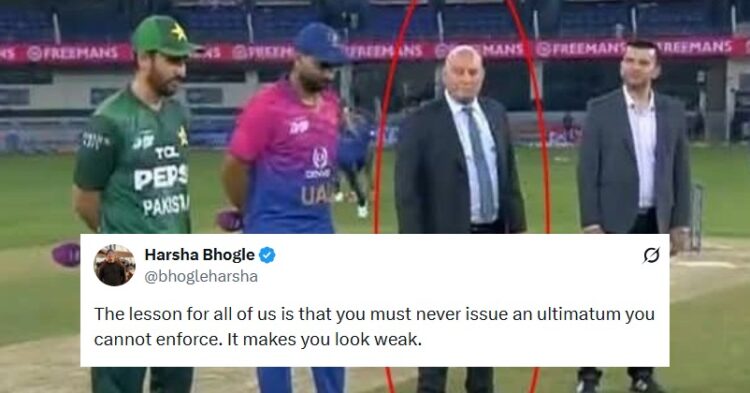Cricket has always been more than just a game for India and Pakistan, it is a stage where emotions, pride and national sentiments often run high. On Sunday, while Team India celebrated a commanding victory over their arch-rivals, the post-match atmosphere quickly shifted from triumph to tension. What should have been a moment of sporting spirit turned into a controversy, now remembered as the “no-handshake row”.

The issue began after India’s win in Dubai when Indian players chose not to go through the traditional handshake with their Pakistani counterparts. They explained that it was an act of solidarity with the victims of the Pahalgam te*ror att@ck. For Pakistan, however, the snub was a matter of embarrassment. Reports soon claimed that the Pakistan Cricket Board (PCB) was so upset that it directed its players to boycott their next Asia Cup group-stage game against the United Arab Emirates, scheduled for September 17 at the Dubai International Stadium.
News of a possible boycott spread like wildfire. Social media was filled with criticism, with fans mocking Pakistan for allegedly backing out of a crucial match. Many online users accused the team of hiding behind excuses because of their poor preparation for the tournament. Some even joked about it being a “masterstroke” that would only lead to elimination.
Here are few selected reactions:
https://x.com/bhogleharsha/status/1968332283125088626
https://x.com/RajaMuneeb/status/1968298601618251833
https://x.com/peeyushsharmaa/status/1968302078910193862
https://x.com/MadhurKapoor12/status/1968308164660470210
https://x.com/letsTecnologia/status/1968301078233100501
https://x.com/rishabhdatt/status/1968308069571637337

Even former Pakistani commentators expressed frustration. They argued that such a boycott would not only damage Pakistan’s already shaky international record but also crush their chances of qualifying for the Super 4 stage. The criticism added further pressure on the team and the PCB.
According to reports, the players were initially instructed to remain at their hotel and not travel to the stadium. However, after some time, the PCB chairman ordered the team to play, leaving them with little choice but to head out and face the UAE. Sources suggested that Pakistan had no real ground to justify a boycott, as the handshake row was not seen as strong enough to walk away from the competition.
At the heart of the controversy was match referee Andy Pycroft. Pakistan accused him of mishandling the situation and demanded his removal, saying that he humiliated them by telling Agha Salman not to shake hands with the Indian skipper Suryakumar Yadav at the toss.

Suryakumar Yadav, meanwhile, stood by India’s decision, explaining that sometimes respect for larger issues must come before sportsmanship traditions. The PCB, however, argued that Andy Pycroft’s actions went against the MCC Laws of cricket.
What began as a high-stakes clash between the two great cricketing rivals turned into a political storm that overshadowed the actual match. For fans of both the sides, it was a reminder that in South Asia, cricket is never just cricket, it is a reflection of national pride, emotions and sometimes, unresolved tensions beyond the boundary lines.




